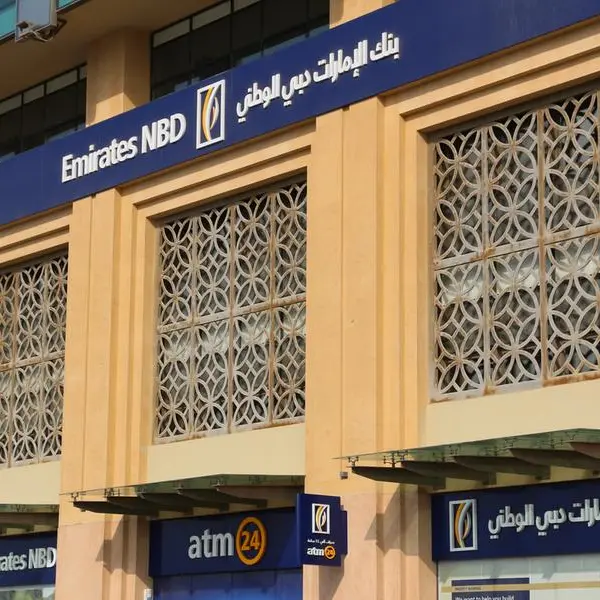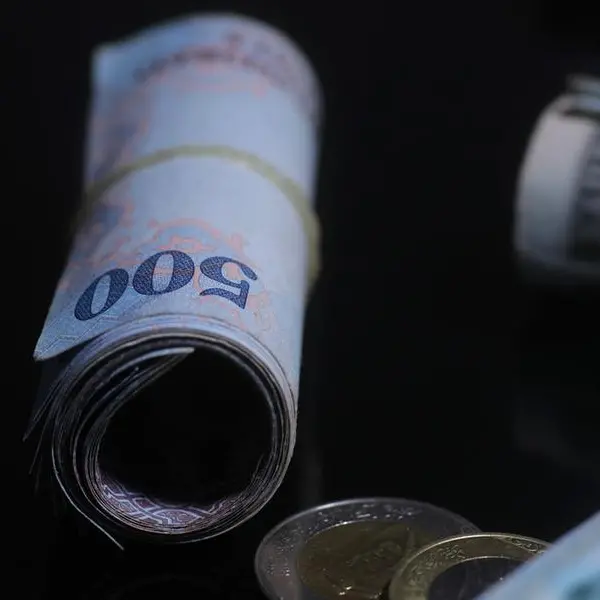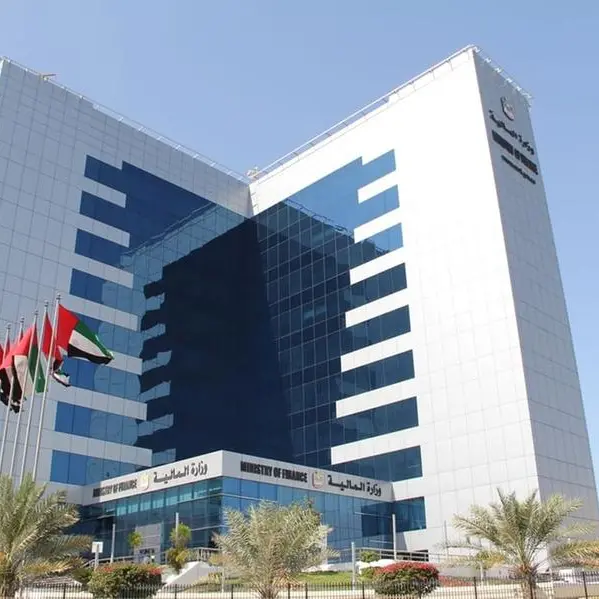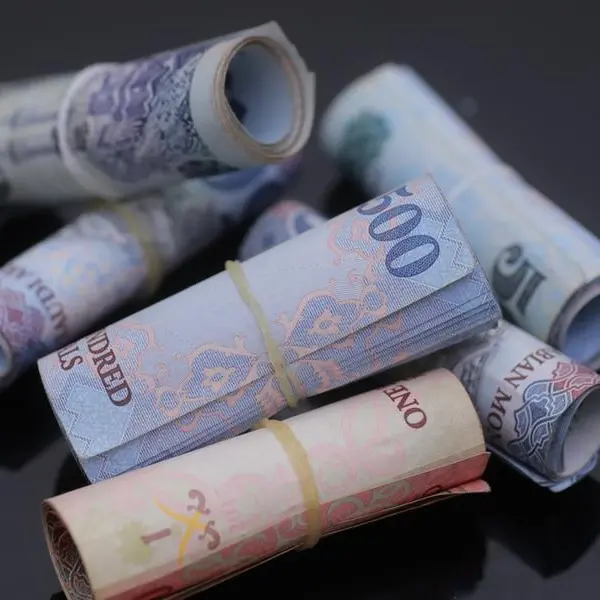PHOTO
Issuance activity in the Islamic bonds market has inched up recently, driven by the US Federal Reserve’s latest policy shift, according to a new analysis.
At the end of the third quarter of the year, global sukuk stood at $900 billion, posting an 8.5% growth compared to a year earlier, Fitch said.
The Fed cut its benchmark interest rate for the first time in four years by 0.50 percentage points. The move has had a positive impact on financing conditions, the ratings agency said.
“Global sukuk issuances are rising following the US Fed’s rate cut… with financing conditions improving,” the report said.
“We are seeing a build-up of the sukuk pipeline partially supported by the recent Fed cut,” noted Bashar Al Natoor, Global Head of Islamic Finance at Fitch Ratings.
Al Natoor added that the majority of the bond-like instruments the agency has rated (81.5%) are investment-grade, while nearly all issuers (95%) have stable outlooks and have likewise not defaulted, indicating that the credit conditions in the market have improved.
The agency, however, pointed out that there are still drawbacks that could negatively impact the market, including “sharia-related complexities”, as well as heightened geopolitical tensions and crude market volatilities.
A major player in the sukuk market, the Gulf Cooperation Council (GCC) region saw bonds and sukuk primary issuances hitting $75.5 billion in the first half of the year, rising by 38% over a year earlier, according to a separate report by Markaz. The funds were raised through 173 sovereign and corporate issuances.
(Writing by Cleofe Maceda; editing by Seban Scaria) Seban.scaria@lseg.com





















